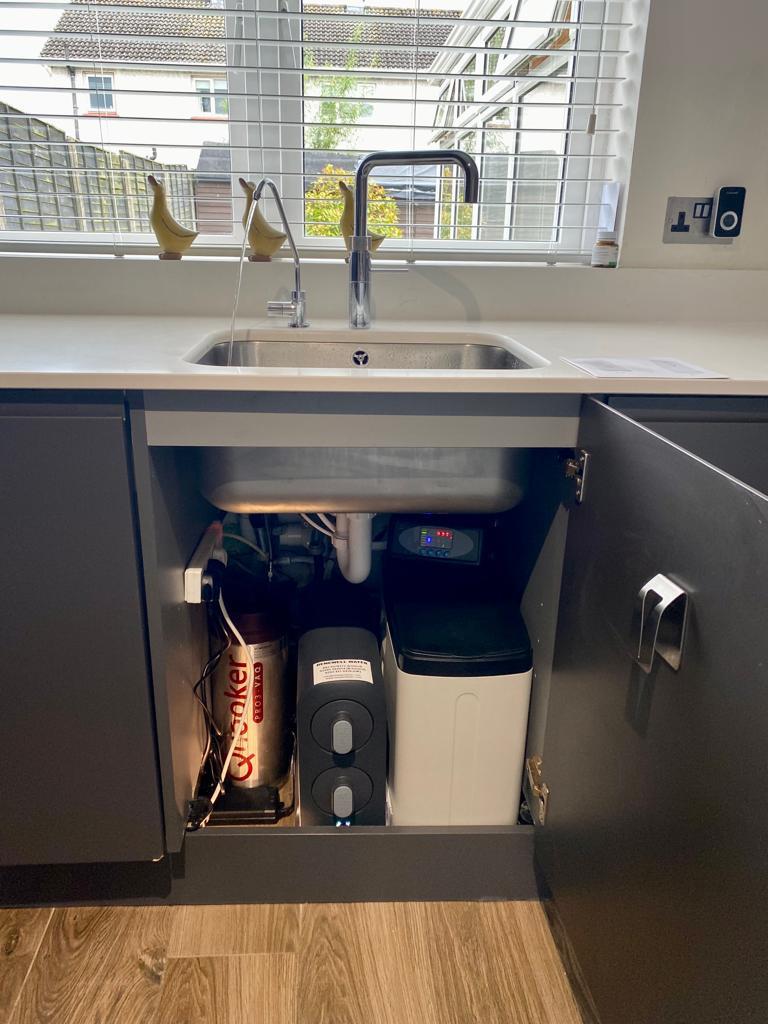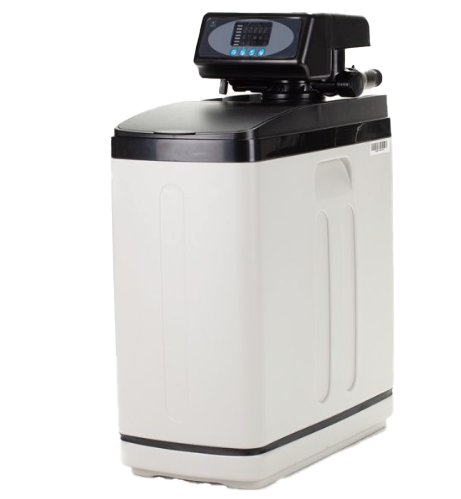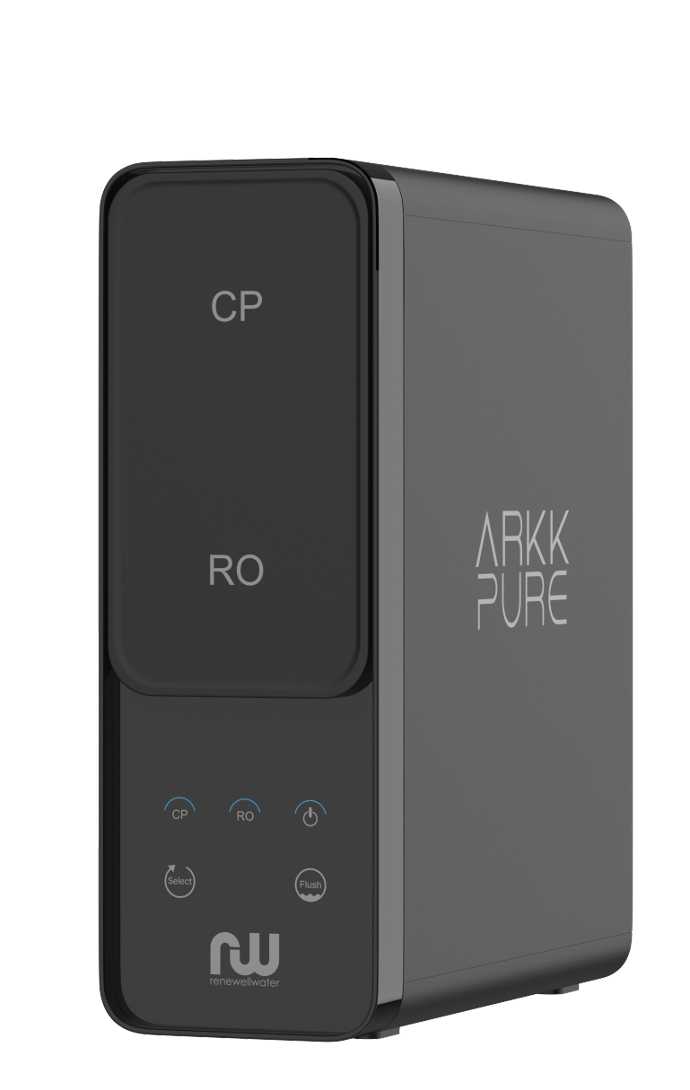CAN I USE A WATER SOFTENER AND WATER FILTER SIMULTANEOUSLY?
In the quest for clean and healthy water, the combined use of a water softener and a water filter is a strategy gaining popularity among homeowners. The question that often arises is whether it is feasible and advisable to use both these systems simultaneously. The short answer is a resounding yes. In this blog, we'll delve into the importance of using both a water softener and a water filter and explore the benefits of this dual approach to water purification.

Can You Use a Water Softener and a Water Filter Together?
Absolutely, using a water softener and a water filter in conjunction is an ideal combination. A water softener is primarily responsible for removing minerals like calcium and magnesium from the water, making it softer and more suitable for household use. However, one key concern associated with water softeners is the potential increase in sodium levels. This is because water softeners use salt during the ion exchange process, which can lead to the presence of sodium in the softened water.


Before we delve into using these systems together, let’s clarify their roles:
Water Softener:
A water softener is designed to address water hardness by removing calcium and magnesium ions from your water supply. This process prevents scale buildup in pipes and appliances, extending their lifespan and improving water quality.
Water Filter:
A water filter is used to remove impurities, contaminants, and particles from your water. This can include sediment, chlorine, heavy metals, volatile organic compounds (VOCs), and bacteria. Water filters enhance the taste, smell, and safety of your water.
Compatibility of Water Softeners and Water Filters
The good news is that it is indeed possible to use a water softener and water filter together. They serve complementary purposes, and combining them can result in excellent water quality. Here’s how you can make it work:
Sequential Installation:
In most cases, it’s recommended to install the water softener before the water filter. This sequence ensures that the water softener first deals with water hardness, preventing scale buildup. Then, the water filter can further improve water quality by removing impurities and contaminants.
Point-of-Entry vs. Point-of-Use:
Consider your needs when deciding on the installation point. A point-of-entry system treats all the water entering your home, ensuring soft and clean water throughout. A point-of-use system, on the other hand, treats water at a specific faucet or appliance, such as a kitchen sink or shower, providing targeted filtration.
The Importance of Water Filtration After Water Softening:
To ensure that you and your family are not consuming high levels of sodium, incorporating a water filter into your water treatment system is essential, especially for the water that you use for consumption. Installing a water filter at your kitchen sink acts as an additional layer of protection, guaranteeing that the water you drink and cook with is free from excessive sodium levels that could potentially have adverse effects on your health.
Why Reverse Osmosis Systems Are the Best Fit:
Among the various types of water filtration systems available, a reverse osmosis system stands out as the optimal choice for use after a water softener. This system works by pushing water through a semipermeable membrane, effectively removing contaminants, particles, and dissolved solids. By employing a reverse osmosis system, you can rest assured that the water you consume is of the highest purity and free from any residual sodium or other impurities that might have bypassed the water softener.
Benefits of Using Both Systems
Comprehensive Water Quality:
By using both a water softener and a water filter, you can enjoy water that is not only soft but also free from impurities and contaminants. This ensures both the safety and usability of your water.
Extended Appliance Lifespan:
Combating hard water with a water softener helps prolong the life of your appliances, while a water filter protects them from damage caused by impurities and contaminants.
Improved Taste and Odor:
Water filters can enhance the taste and remove unpleasant odors caused by chlorine or other chemicals in the water, providing a more enjoyable drinking and cooking experience.
Considerations

Maintenance:
Both systems require regular maintenance. The water softener needs periodic regeneration and salt replenishment, while the water filter may need filter cartridge replacement. Be prepared to manage both maintenance tasks
Space:
Ensure you have sufficient space for the installation of both systems, including the brine tank for the water softener and the filter housing for the water filter.
In conclusion, the synergy between a water softener and a water filter is vital for maintaining a healthy and efficient water supply in your household. While a water softener deals with the hardness of the water, a water filter acts as a safeguard against any potential contaminants, especially sodium, ensuring that the water you use is both soft and pure. Prioritizing the well-being of your family and the longevity of your appliances, the combination of these two systems is an investment in the long-term health and comfort of your home.
Can I Use A Water Softener And Water Filter Simultaneously?